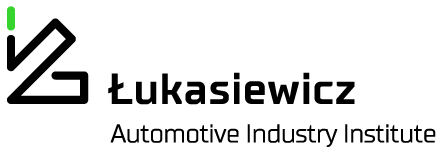Statistical Editor's guidelines on paper preparation
Below are several recommendations for authors regarding self-citations, citation databases, references to websites, and statistical issues:
- Self-citations: Adhere to the guideline that the number of self-citations should not exceed the recommended value, i.e., limit self-citations to one per every twenty literature items.
- Citation databases: It is advisable to ensure that at least 50% of all cited works are indexed in databases such as Scopus and Web of Science.
- Bibliographic references: It is considered appropriate for each bibliographic entry to be accompanied by a corresponding citation in the text. Avoid adding entries to the bibliography that lack representation in the article's content.
- Citing websites: Ensure that cited websites include complete and accurate references. When referencing websites, it is crucial to provide the date of access, enabling readers to verify the information's timeliness.
- Complete bibliographic description: It is necessary for all cited items to have a comprehensive bibliographic description. For items with a DOI number, it is essential to include this information.
- Statistical issues: Precisely define all statistical concepts presented in the article. Ensure that all statistical calculations are accurate and align with the adopted methodologies.
Most read
Most cited
- 3 years
- Year
Korzystamy z plików cookie (oraz innych podobnych technologii) i przetwarzamy unikalne identyfikatory oraz dane przeglądarki – w celu umożliwienia funkcjonowania naszej strony internetowej. Więcej informacji o tym jak przetwarzamy Twoje dane osobowe znajdziesz w


